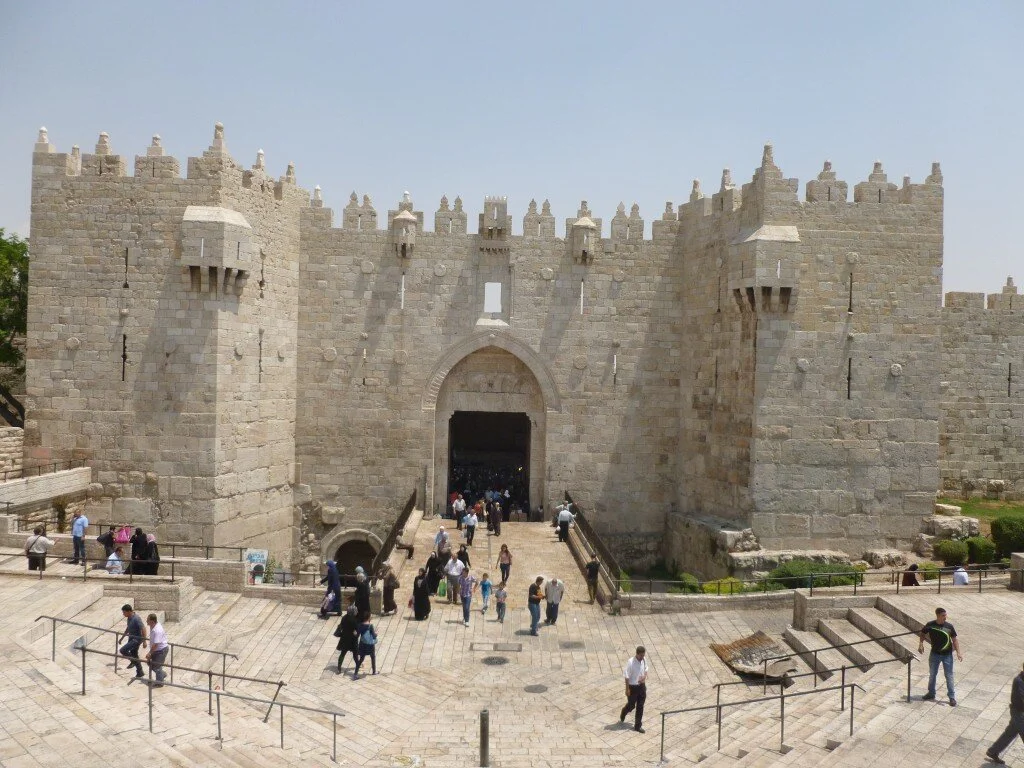Riots in Israel Lead to International Clashes, Condemnation
The Damascus Gate, a common site for Ramadan prayers, was blocked off by Israeli police officers and barricades (Wikipedia)
At least 100 people were wounded in a series of clashes between Palestinians, Israelis, and local police forces in Jerusalem. Tensions initially flared on April 23 and continued into the next week. The riots came during the Islamic holy month of Ramadan when local Muslims gather at the Damascus Gate to pray. However, this year, police officers placed barricades to block access to the Gate and several parts of the Old City with the stated aim of easing congestion and foot traffic.
Though Israel is at the forefront of the COVID-19 vaccination effort, Palestinians have far poorer access to such treatment, which may have influenced the decision of the authorities.
The situation was made worse by the presence of Lehava, a Jewish far-right organization, whose members marched to the Old City chanting, “Death to Arabs.” They claimed to have organized the march and resulting protest after seeing videos of Palestinians assaulting Orthodox Jews.
Israeli control over Jerusalem has been hotly contested by the local Palestinian population, especially those who live in the eastern section of the city. This section was occupied and annexed by Israeli in 1967 in a move the international community has still not recognized. A Human Rights Watch report released on April 27 accused Israel of enacting a system of apartheid against Palestinians in Israel, the Gaza Strip, and the West Bank.
Palestinian militants located in the Gaza Strip, an area administered by the organization known as Hamas, fired 36 missiles at Israel in response to the treatment of the protestors. Most of these missiles were intercepted by the local air defense network and did not cause any serious damages. Israel launched a retaliatory airstrike that destroyed several launch sites operated by Hamas, though two separate militant groups claimed to have launched the attack.
Tensions between Israel and Hamas, which have always been high, are especially volatile now due to the upcoming elections in the Palestinian National Authority, of which Hamas has a significant political presence. The ruling Fatah party is currently going through a power struggle, leading many to believe Hamas will make great gains. Palestinian President Mahmoud Abbas recently delayed the elections, ostensibly over concerns about the eligibility of Palestinians living in East Jerusalem to cast their votes, though Hamas has denounced this move as an attempt to keep them out of power.
The United Arab Emirates, which has a relatively warm relation with Israel compared to its neighbors, denounced the Israeli response to the protesters and “acts of violence committed by right-wing extremist groups in the occupied East Jerusalem.”
Israeli police removed the barricades around the Old City on April 25, which seems to have put an end to the majority of demonstrations.

